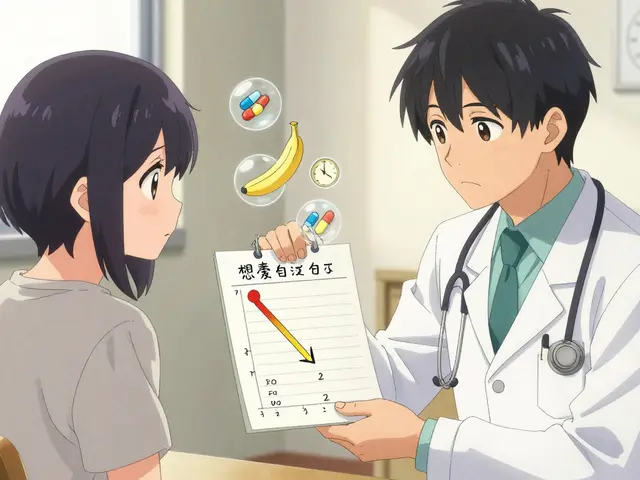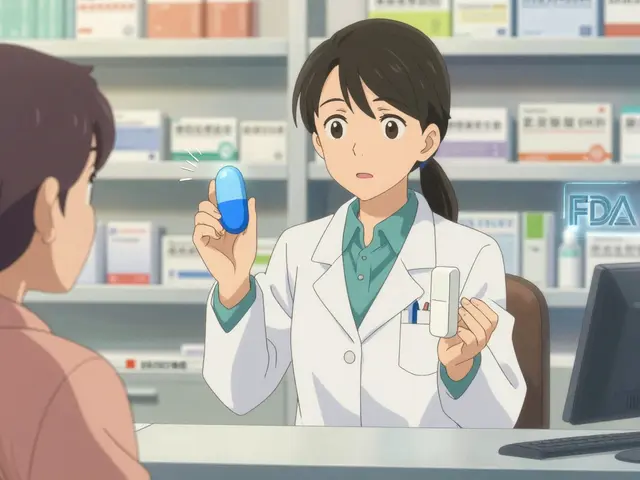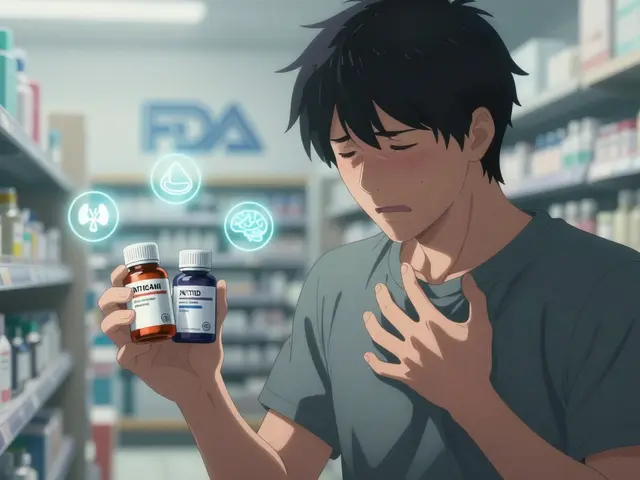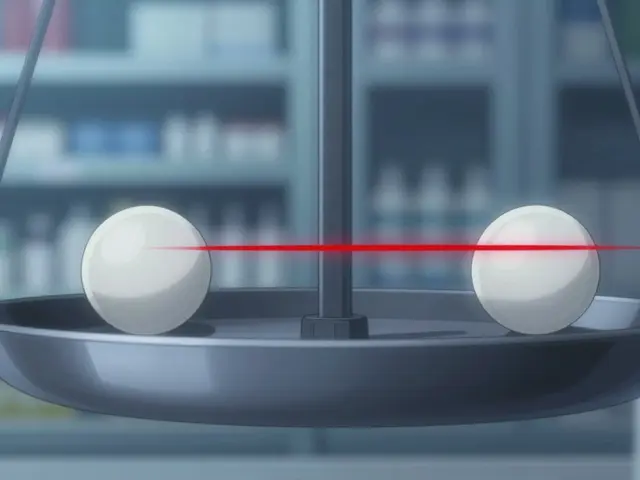Gliflozins Side Effects: What You Need to Know Before Taking Them
When you take a gliflozin, a class of diabetes drugs that work by making your kidneys flush out extra sugar. Also known as SGLT2 inhibitors, these medications help control blood sugar by stopping your body from reabsorbing glucose—so it leaves through your urine instead. That’s how they lower sugar levels, but it’s also why they come with side effects you can’t ignore.
One of the most common issues is dehydration, a real risk because gliflozins make you pee out more fluid than usual. If you’re not drinking enough water, especially in hot weather or during exercise, you could feel dizzy, weak, or even pass out. This isn’t just a minor annoyance—it can lead to kidney strain or low blood pressure. Then there’s the genital yeast infection, a frequent problem because sugar in urine creates a perfect environment for fungi to grow. It’s more common in women, but men get it too, and it’s often mistaken for something else. If you notice itching, redness, or unusual discharge, don’t wait—talk to your doctor.
Gliflozins also raise the risk of ketoacidosis, a rare but dangerous condition where your body starts burning fat instead of sugar, creating toxic acids. This can happen even if your blood sugar isn’t high, which makes it sneaky. Symptoms include nausea, vomiting, stomach pain, confusion, or trouble breathing. If you feel this way, go to the ER—don’t wait. And while gliflozins are good for your heart and kidneys in the long run, they can cause a sudden dip in kidney function early on, especially if you’re already on blood pressure meds or have existing kidney issues.
You’ll also find reports of bone fractures and foot problems in some users, though these are less common. The key isn’t to avoid gliflozins—it’s to know what to watch for. Many people take them safely, but only if they’re aware of the risks and act fast when something feels off. That’s why the posts below cover real cases: how people spotted early signs, what their doctors did, and how to avoid the worst outcomes. You’ll find practical advice on staying hydrated, recognizing infections, and when to skip the drug entirely. This isn’t theoretical. These are the stories and warnings that matter when your health is on the line.
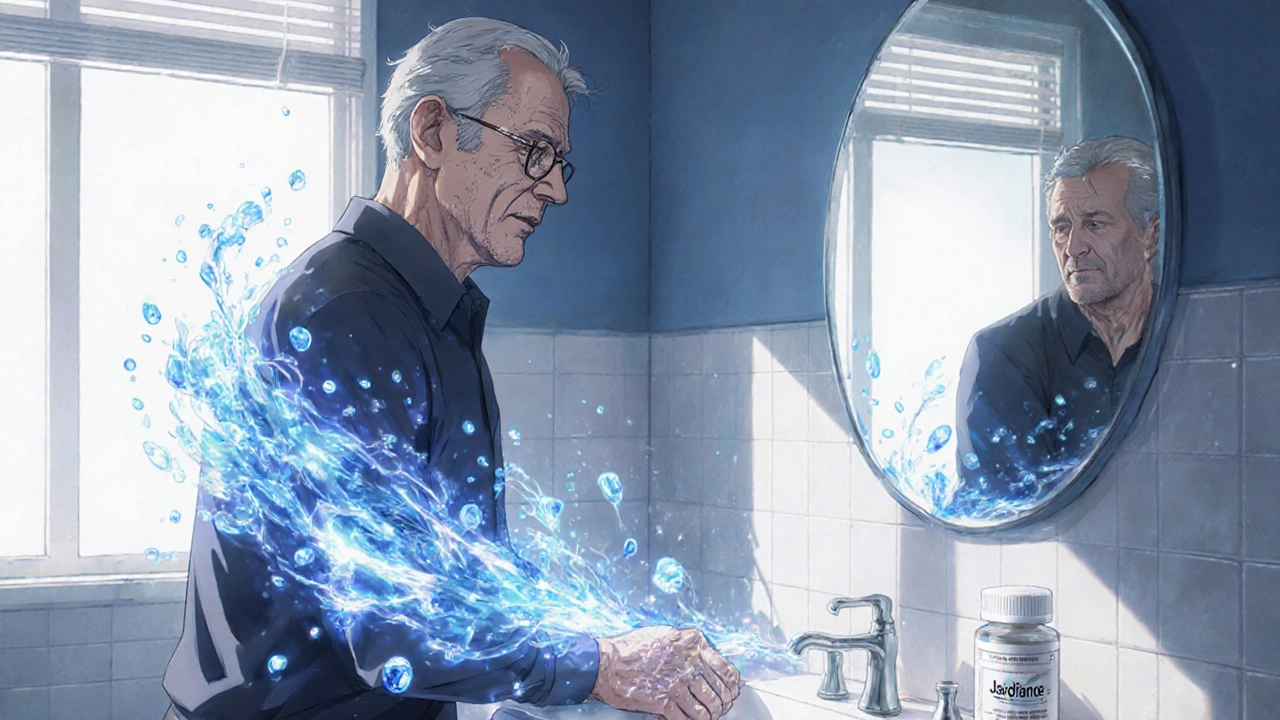
SGLT2 Inhibitor Side Effects: Dehydration, Dizziness, and Blood Pressure Changes Explained
SGLT2 inhibitors help lower blood sugar and protect the heart and kidneys, but they can cause dehydration, dizziness, and low blood pressure. Learn how these side effects happen, who’s at risk, and how to manage them safely.
Continue Reading
